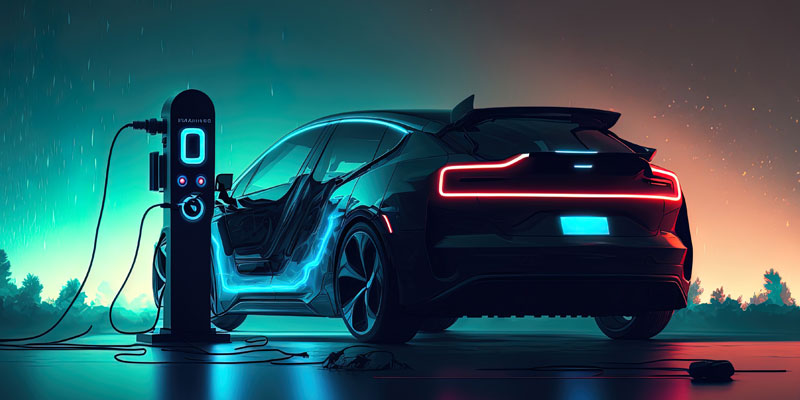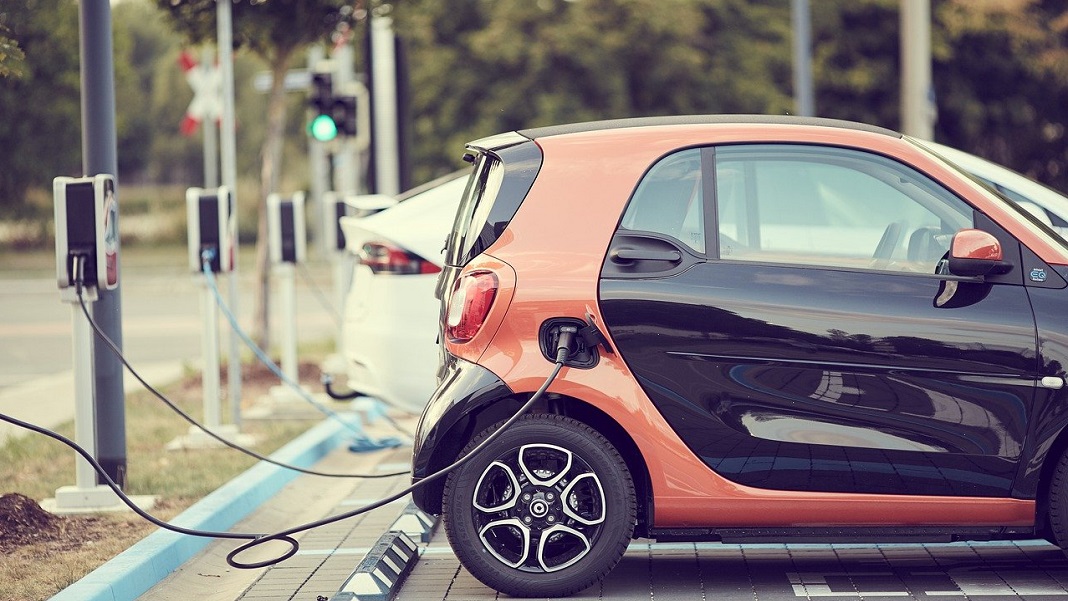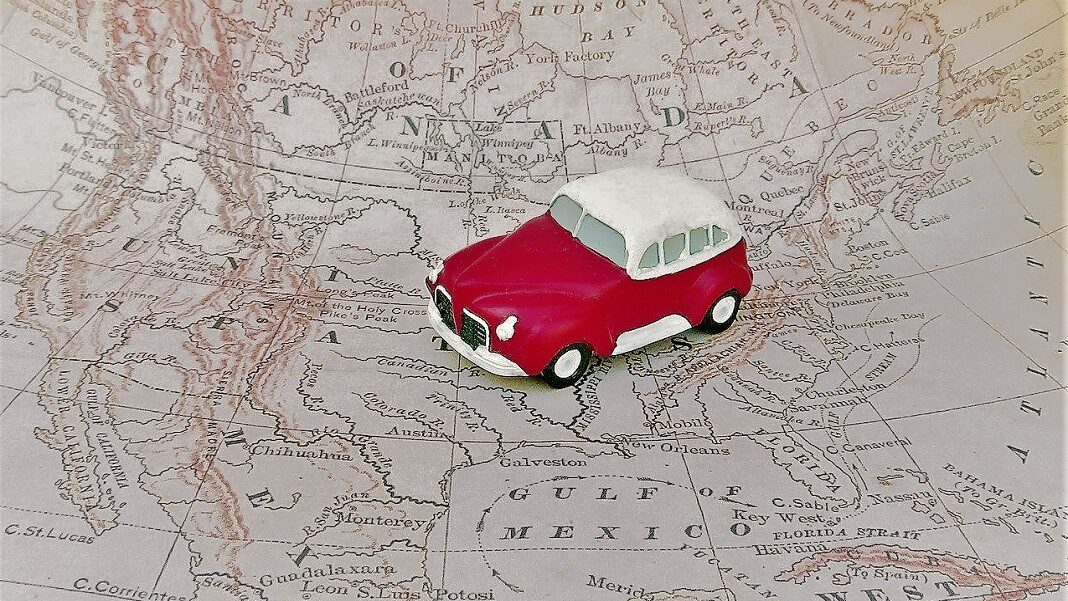
Scientists have uncovered a new source of hazardous "forever chemical" pollution: the rechargeable lithium-ion batteries found in most electric vehicles.

In the first quarter of 2024 there were more sales of electric and plug-in hybrids (which combine a petrol engine with a battery) than in the whole of 2020.

Israeli startup StoreDot announced it had manufactured the first batteries that can be charged in just five minutes. They replace the graphite electrode in lithium-ion batteries with one made of semiconductor nanoparticles.

General Motors has committed to a fully-green slate of cars in future, promising to roll out only electric vehicles by 2035. The company also intends to be fully carbon neutral by 2040.

Massachusetts state administrators note that cars are major contributors to carbon pollution, and any plan to achieve net-zero emissions must include the eradication of fossil fuel-powered automobiles.

The futuristic transport concept involves pods inside vacuum tubes carrying passengers at high speeds. Virgin Hyperloop is not the only firm developing the concept but nobody has carried passengers before.

Norwegian company Zeabuz has announced that it will be launching a self-driving ferry next year. The launch of the first self-driving electric ferry in Norway just goes to show the strides the country is making in developing water transport.

As part of its post-coronavirus recovery plan, Italy announced earlier this summer that it would offer a hefty subsidy to anyone wanting to buy a bicycle.

Chinese company CATL says it has new battery technology that lasts up to 2 million kilometers and 16 years—and it’s ready to manufacture the batteries on demand. The battery could power a car for 50 trips around the world.

Bicycles are the ideal mode of transportation as cities emerge from quarantine. Returning to a car-dominated city after the pandemic lockdown is ‘out of the question’.

Over half a mile in length, the avenue ‘Electric Avenue, W9’ in Westminster has been turned into an electric vehicle charging haven with lampposts acting as charging points.

What do we actually need? What is the least that will do the job? What is enough? A better world is possible" using the technology that we have had all our lives – the bike, the bus, the elevator.

Now the more affordable Tesla version has arrived. Model 3 will start at $35,000 with 130 mph top speed and 220 miles of range.

two of Europe's big mail operators—Swiss Post and Austrian Post—are now promising 100% electric vehicles by the end of the next decade as part of the growing EV100 campaign.

Volvo and a Singapore university unveiled a driverless electric bus Tuesday that will soon undergo tests in the city-state, the latest move towards rolling out autonomous vehicles for public transport.